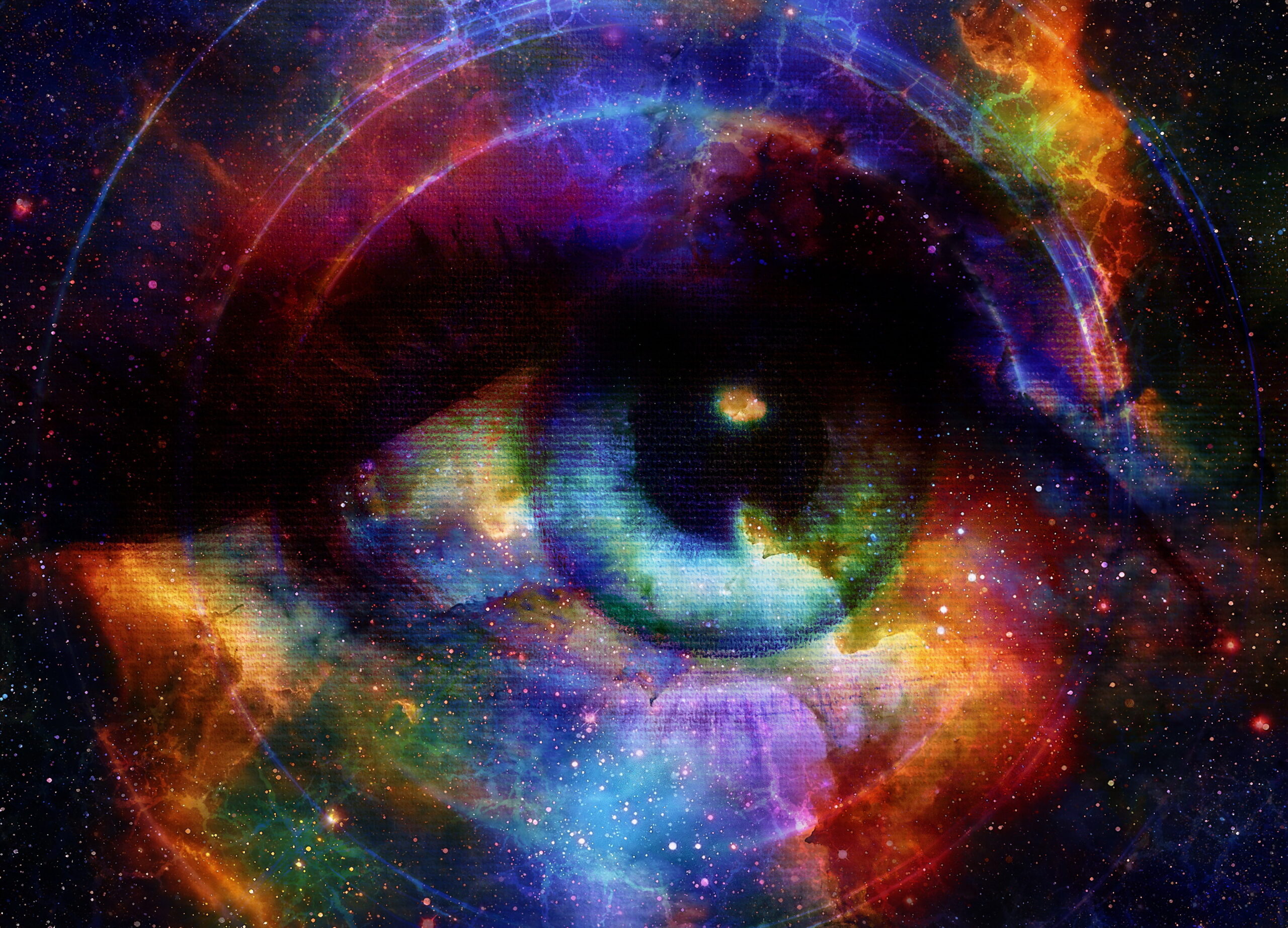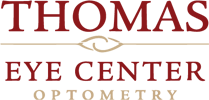
Your Eyes Are Telling You Something (Are You Listening?)
You’re reading this right now, probably without thinking about the incredible process making it possible. Your eyes are scanning these words, your brain is processing them, and somehow meaning emerges from these black squiggles on a screen. Pretty amazing, right?
But here’s the thing: we often take our eyes for granted until something goes wrong. As an eye care team that has been located in the heart of Athens for over 73 years, we’ve noticed a pattern. People often wait until their vision problems become unbearable before seeking help. Let’s change that.
Think of your eyes like a really expensive camera – one that can’t be replaced. Just as you’d protect and maintain a precious piece of equipment, your eyes deserve the same care. The good news? Taking care of them isn’t as complicated as you might think.
The Digital Dilemma
If you’re like most people, you spend hours staring at screens. Your phone, your computer, your tablet, your TV – they’re all competing for your attention. Your eyes weren’t designed for this digital marathon, but here we are. The result? Digital eye strain, dry eyes, and that weird feeling at the end of the day when your eyes feel like they’re full of sand.
The solution isn’t to throw your devices out the window (though sometimes we’re tempted). Instead, try the 20-20-20 rule: Every 20 minutes, look at something 20 feet away for 20 seconds. It’s like a mini-vacation for your eyes.
The Silent Signs
Your eyes are surprisingly chatty – they’re constantly sending signals about your health. Persistent red eyes? That could be more than just lack of sleep. Frequent headaches? Maybe it’s time for a prescription update. Seeing spots or flashes? Don’t ignore these messages, this could be an emergency.
Some changes are so gradual you might not notice them. That’s why annual eye exams aren’t just about updating your prescription – they’re about catching potential problems before they become serious issues.
The Food-Vision Connection
Your eyes get hungry too. They crave nutrients like omega-3 fatty acids, zinc, and vitamins C and E. While eating carrots won’t give you superhero vision (sorry, childhood dreams), a diet rich in colorful fruits and vegetables does support eye health. Think of leafy greens, fish, nuts, and eggs as premium fuel for your visual system.
Protecting Your Investment
Sunglasses aren’t just a fashion statement – they’re armor for your eyes. UV radiation doesn’t care if it’s summer or winter, sunny or cloudy. Those rays are always trying to crash your eye’s party. A good pair of polarized, UV-blocking sunglasses is like a bouncer, keeping the troublemakers out.
The Same Old Story (With a Twist)
Yes, you’ve heard it before: don’t rub your eyes, take breaks from screen time, wear protective eyewear during sports. But here’s what makes this advice worth repeating: your vision is irreplaceable. While we can correct many vision problems, prevention is always better than treatment.
The Night Shift
Sleep isn’t just for beauty – it’s crucial for eye health. During sleep, your eyes recover from the day’s demands, clear out irritants, and replenish their moisture. Skimping on sleep is like forcing your eyes to work overtime without pay.
Making It Personal
Everyone’s eyes are unique, like fingerprints. What works for your friend might not work for you. That’s why personalized eye care is so important. Your ideal solution might be contacts, while your spouse does better with glasses. Your eyes might need more frequent breaks from screen time than your coworkers’.
The Bottom Line
Your eyes are working hard for you right now, even as you finish reading this post. They’ll keep working hard tomorrow, and the next day, and the day after that. The least we can do is give them the care they deserve.
Remember, good vision isn’t just about seeing clearly – it’s about maintaining that clarity for life. Your future self will thank you for taking care of your eyes today. And if you’re due for an eye exam? Well, you know where to find us.
Small changes in how you care for your eyes can make a big difference in how well they care for you. After all, life is better when you can see it clearly.
